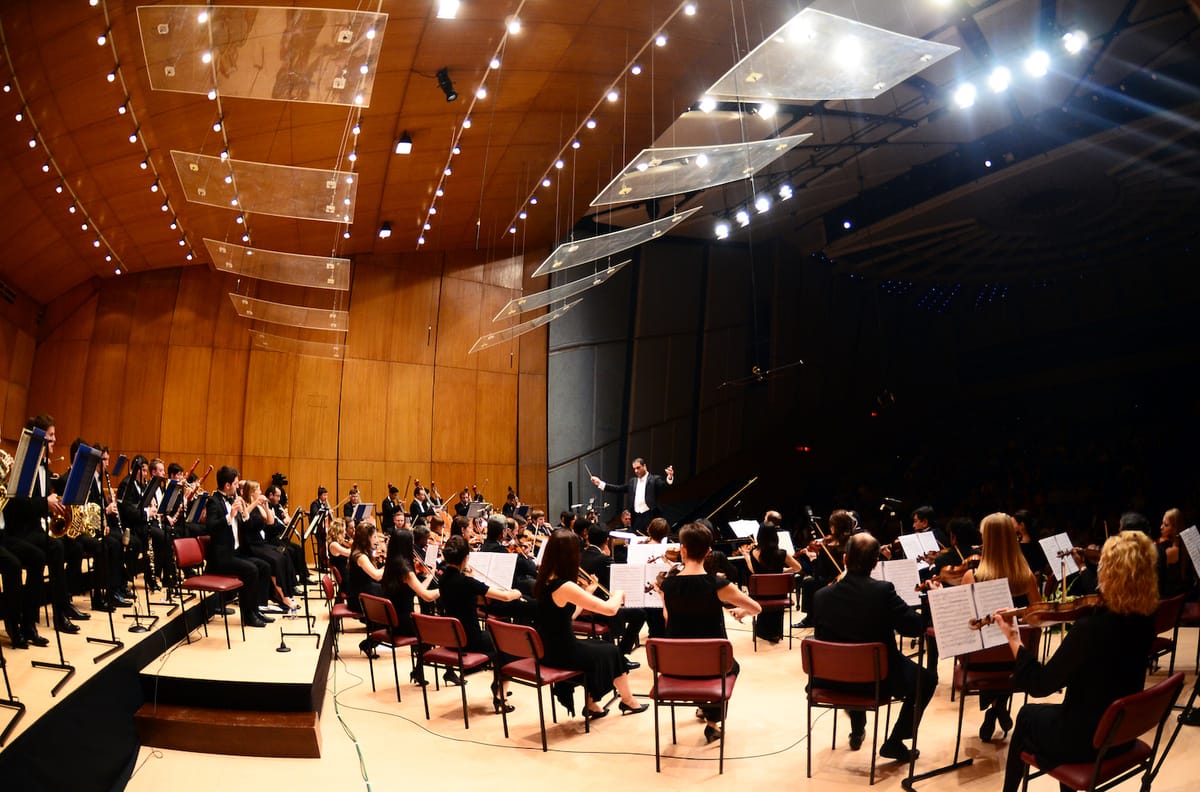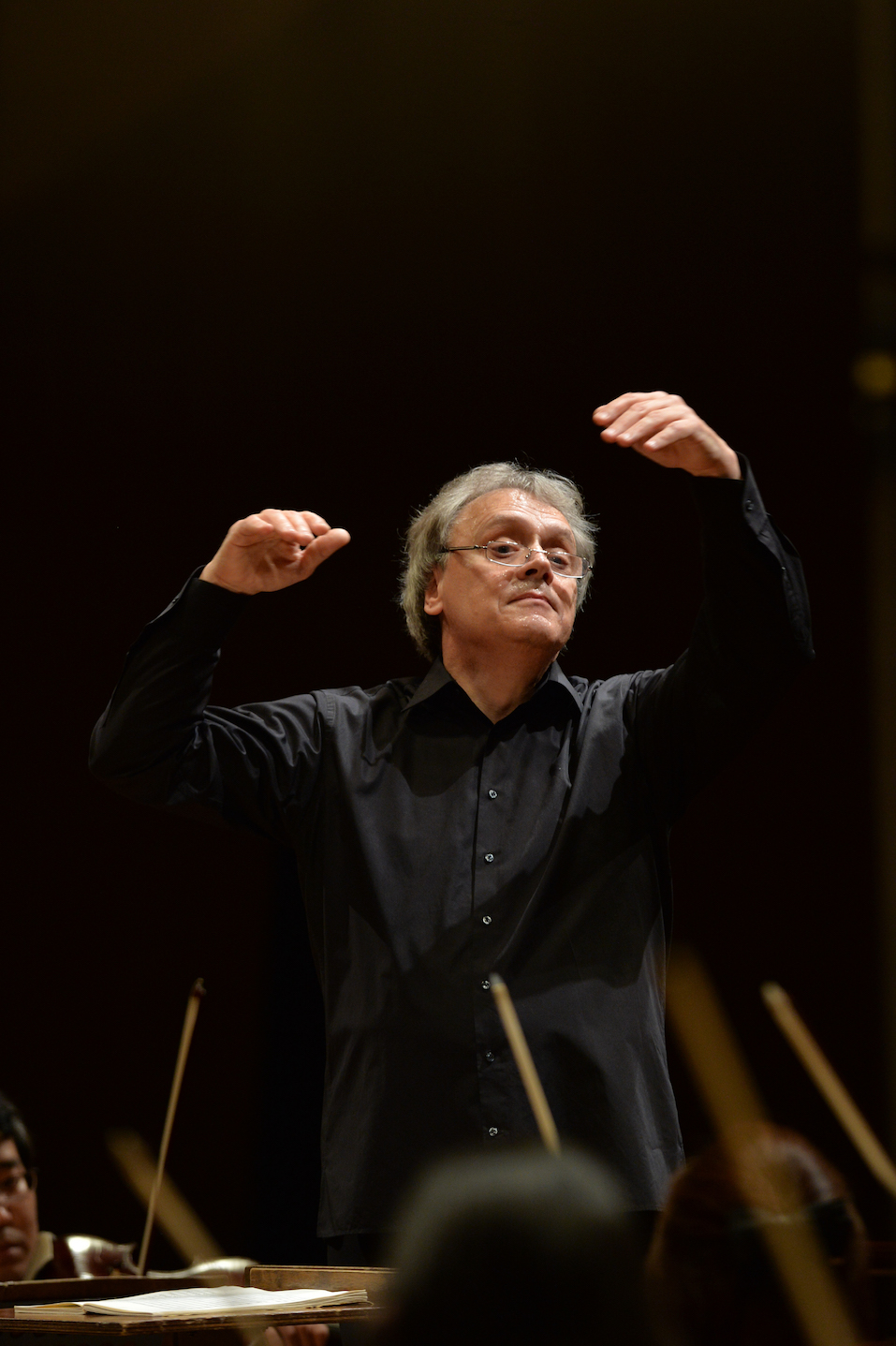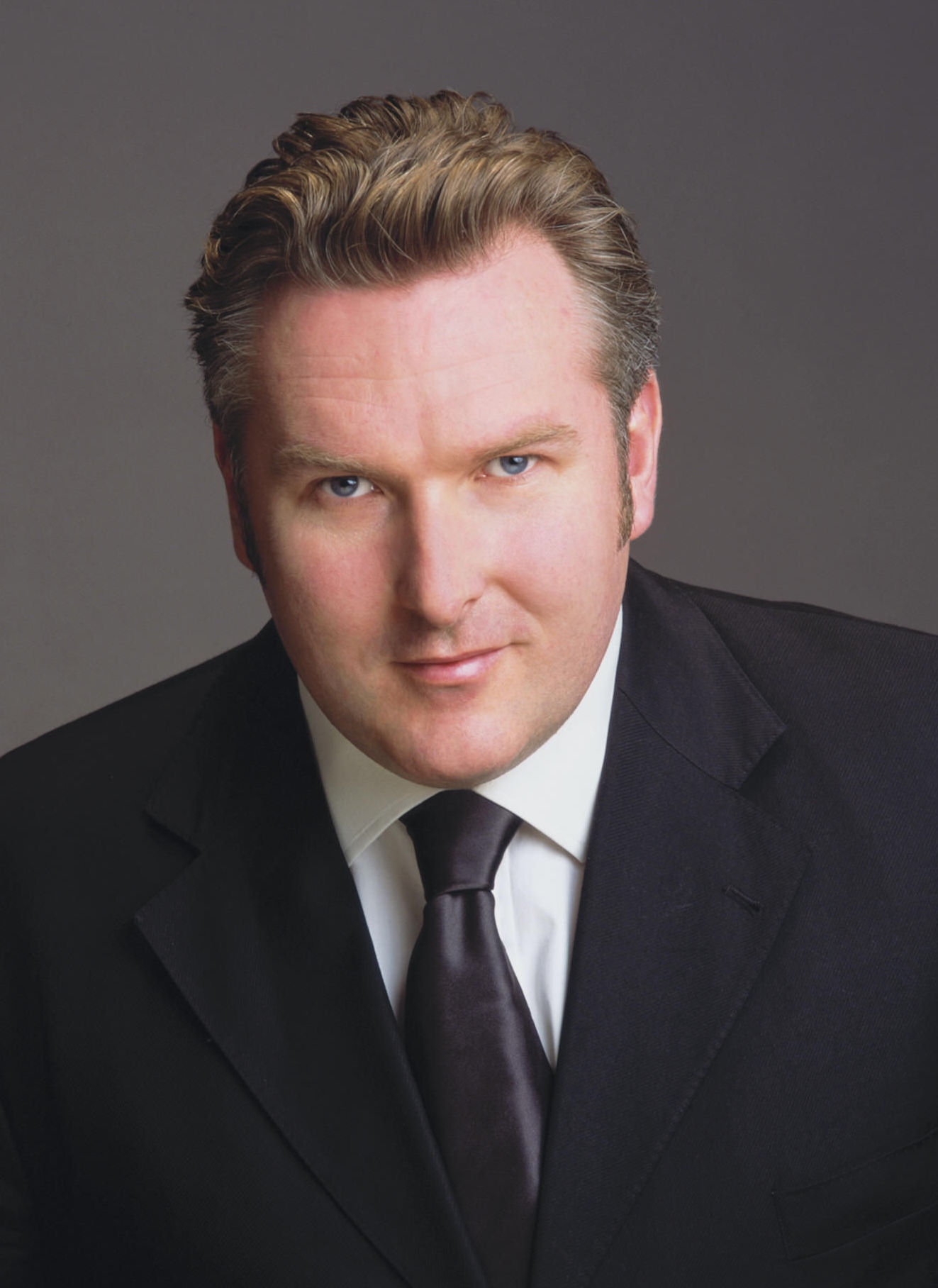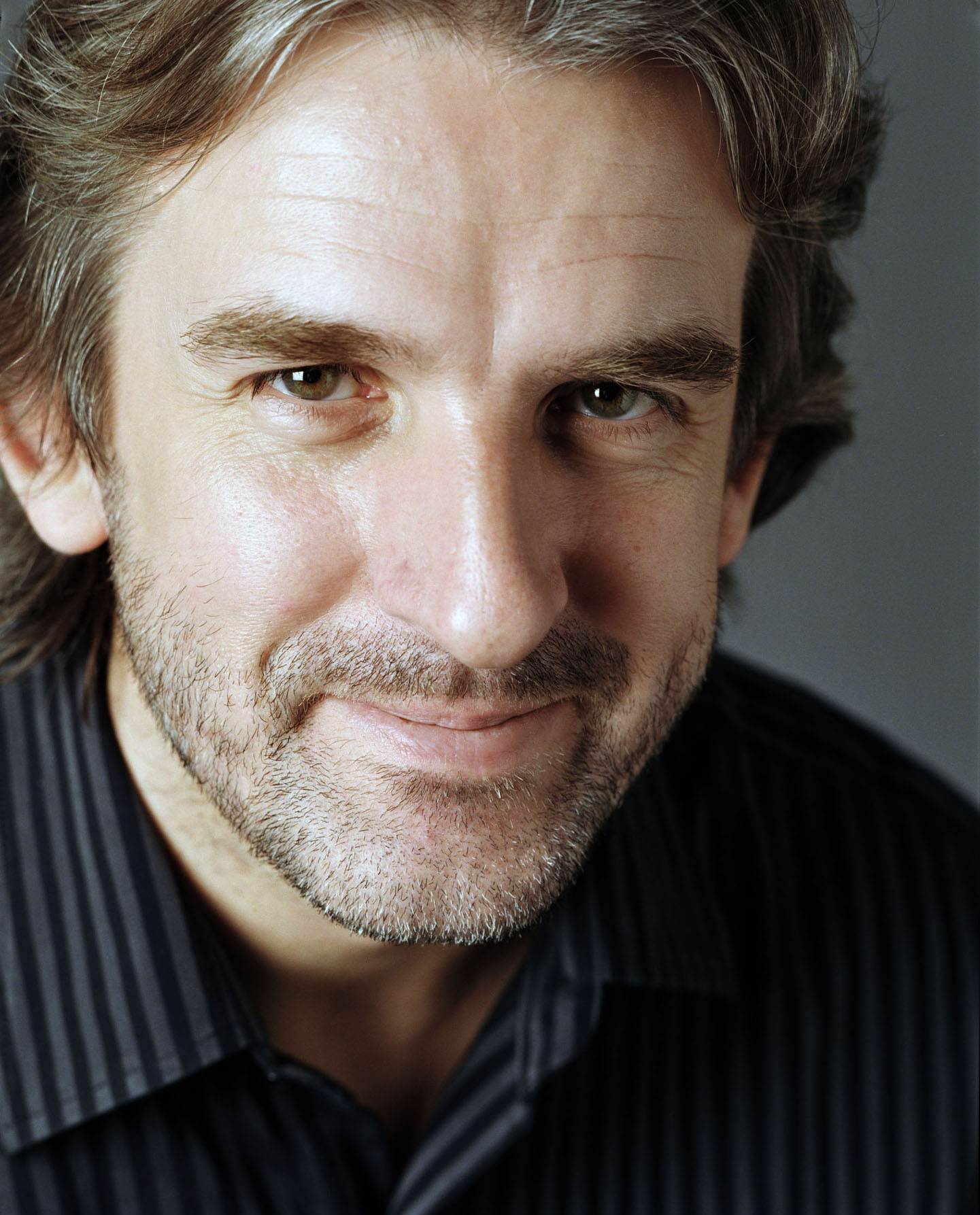An orchestra for all seasons

The Symphony Orchestra of India is primed to give Mumbai audiences an exciting season of music this September – the first series of concerts on home turf after its successful tour of the United Kingdom this February. Zane Dalal provides an overview of the repertoire – more exciting, ambitious and wide-ranging than any of the previous seasons.
It is a great pleasure to write for ON Stage – once again asking for your indulgence as I trace a line of interest through the forthcoming season’s repertoire. First off, as many of you will already know, we toured the United Kingdom for the first time this February, with six concerts in almost as many days. Whilst taking proverbial ‘Coals to Newcastle’, the orchestra acquitted itself admirably. Our first reviews coincided with those for the Vienna Philharmonic, also playing in London over the same period. The Observer gave both the Vienna Philharmonic and the Symphony Orchestra of India (SOI) a 3-star rating for their respective appearances in the capital. The Telegraph gave us a 4-star review for the previous evening in Birmingham. You get the point.
Upping the challenge
But, I do not mention this from some sense of vanity. The careful plan of repertoire – a task undertaken convivially but very seriously by our Chairman, Mr. Khushroo N Suntook, SOI Music Director Marat Bisengaliev, and myself. We hoped that the direction we plotted was farsighted and provided a constant challenge to the orchestra to ‘up its game’, whilst playing to its strengths and finessing its deficiencies. There is no one who knows the players as well as Marat, especially the string group who by their numbers, naturally represent the core sound of the orchestra. He has been successfully building orchestras at an international level for the last 25 years. I put forward my experiences with repertoire building, and try to steer a course that ensures that the orchestra has covered the composers and repertoire that is particularly suitable to improving technique, stamina and finessing the sound.

We are a newly formed orchestra and there are steps and markers that are tried and true – much like the details of physical motion are broken down by trained therapists, when we review the mechanical steps by which we walk or rise from a chair – which we must aspire to achieve. All our collective work is at the pleasure of our redoubtable Chairman and the overall mission of the NCPA. There are times when no matter what we might want, there is an audience to ‘feed’ – which, whilst we gratefully thank you for your support, is at times as capricious and frenzied a pulse to read as ‘lions on the Serengeti’. We try to manoeuvre the course so that our listeners get what they want, and a little of what they don’t expect. The successful growth of an orchestra is measured in the adaptive, new horizons it charts for its players as well as for its audiences. The three of us have met continually for almost 14 years now, and there has never been a situation that we could not resolve, nor an impasse that lasted longer than 30 seconds. I expect that has to do with the firm commitment to the end result, over anything else. Our current international recognition is not an accidental pleasure, but rather proves that our methods were worthy.
A panoramic programme
To come off the demands of an international tour, and go straight into a season of dramatically challenging and aspirational works, whilst not letting go of momentum, is exactly the best time to challenge the players. We have possibly the most varied and wide-ranging season yet, with the very refined and exquisite concerti for Violin, Piano and Strings of Chausson and Mendelssohn opening our season on 11th September. Marat is joined by pianist Roberto Prosseda who returns to us following his marvellous performance of the Mendelssohn G minor Piano Concerto last year. This concert is an event for the connoisseur where every silence and every sound is in perfect balance – and there is none of the tendency of overstatement that marks the compositions that will follow.

By the time the season closes, the orchestra will have done a Richard Wagner Opera Gala – Zane Dalal supporting Simon O’Neill and Amanda Atlas – in a sweeping survey of this rich, sonorous and intoxicating music. Wagner is not for the fainthearted, but if you are up to immersion in the deep waters of a very powerful tide, it can be life-altering. Conductor Alexander Lazarev returns to our podium to deliver two concerts on 22nd and 27th September, which include, in particular, three masterpieces of the traditional repertoire, all three challenging the skill, stamina and technique of the players, in very different and demanding ways. Brahms’ epic Second Piano Concerto, more symphonic and majestic in scope and music than anything else written at the time. It is a remarkable vehicle for a very special type of pianism, which demands a consummate, sound musicianship – and values that asset over technical fizz – but provides such technical obstacles to the pianist that rank this concerto as one of the hardest to play successfully. The great virtuoso and musician Barry Douglas joins the orchestra.
In the second half, we take the orchestra into new technical territory with Stravinsky’s Petrushka – an ingeniously crafted suite from the ballet of the same name, and a fiendishly challenging work, which is at the same time very accessible to the ear. If you are thinking that you might give Stravinsky a miss, because you are not quite sure, and you have heard audiences tell tales of bloodshed and despair, and would rather back the traditional sound, there are two points that I would urge you to consider. First, this work, performed live, the sheer pulsing power and sound, right there a few feet away from you, is a not to be missed experience. This is as rare a concert as you are likely to have in India. And if that has not changed your mind, Stravinsky’s music is firmly in the traditional repertoire, and certainly not weighed down by observations from the last century, when it first burst onto the scene. If you have not heard this music, you will love it. If you have – you will remember the utterly famous moments of rhythm and melody that have made this a concert favourite the world over. Whatever you do, do not miss this concert on 22nd September.

On 27th September, also with Lazarev at the helm, we present Tchaikovsky’s ever popular Fifth Symphony – a “rip-roaring ride of Russian resonance, radiating and reverberating, reaching right to the rafters.” Apologies for the excessive alliteration, but it is an apt description of the experience you will have if you attend. This symphony is one of the most uplifting musical experiences available to the listener in the entire repertoire, and Lazarev will bring an authentic reading that is certain to remain in memory. It is paired with Khachaturian’s famous score from Spartacus, and Lydian Nadhaswaram at the piano in Haydn’s Piano Concerto No. 11 in D Major, an early work of the classical style – lending some pristine purity to an otherwise wildly festive programme.
Lean in
The internationally recognised standard at which the orchestra performs, is something very special to have in such proximity to daily life – and in our context in India, a rare treat. If you have not yet come to listen, are curious about profoundly deep artistic dimensions that can change one’s life, and are surprised that the opportunity awaits you, locally, at Nariman Point, every week this September, it is time for you to test the waters. You will not be disappointed, and likely will be hooked. If you are looking forward to the season, and know the treasures of which I speak, thank you so very much for your continued support, and we look forward to performing for you.
Zane Dalal serves as Associate Music Director of the orchestra and will be delivering three talks in September. He will talk on the impulses of preparing a Wagner score from the conductor’s point of view on 13th September at the Godrej Dance Theatre. He continues with his Coffee and Conversation with Zane Dalal – a series in which he introduces guest speakers by way of arts, music and current events that shape political and social discourse. On 8th September, he welcomes Ambassador Nirupama Rao, former Indian Ambassador to China and the United States. She has had a remarkable journey and is about to publish a book covering some aspects of her diplomatic connections with Beijing – Go Tell it on the Mountain is due out later this year. On 21st September, he welcomes radio jockey Hrishi K, a well-known and beloved personality in Mumbai, who is a marvellous raconteur and will get to talk on matters that are important to him that he perhaps “cannot mention on air”. We look forward to seeing you.
This piece was originally published by the National Centre for the Performing Arts, Mumbai, in the August 2019 issue of ON Stage – their monthly arts magazine.





